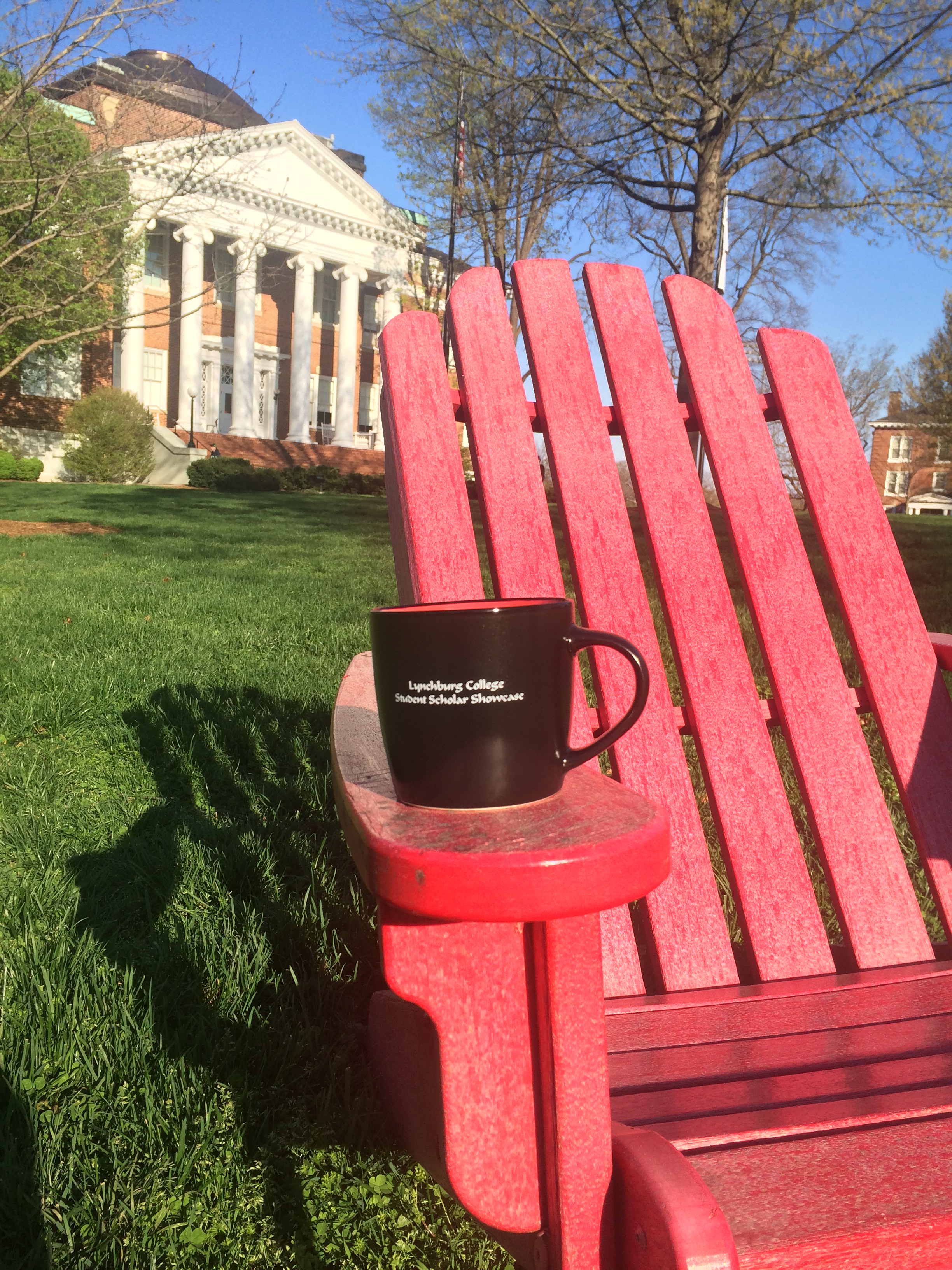
Access Type
Open Access
Entry Number
114
Start Date
4-5-2017 4:00 PM
End Date
4-5-2017 4:15 PM
Department
History
Abstract
Coping Mechanisms Used by Slaves in Charleston, South Carolina
In Charleston, South Carolina during the Antebellum Era slaves used coping mechanisms to survive the oppression and dehumanization of slavery. Slave implemented coping mechanisms such as religion and music into their daily lives which provided them with a source of hope and solace. Former slaves have stated in personal interviews and writings that reflecting on something other than their reality of bondage inspired them and created hope for a new future. The enslaved found hope through religion and accepted the biblical stories of Christianity as prophecy of the future. Music relayed their feelings through song and dance. Slaves created spirituals to sing during worship and praise services and felt compelled to sing and hum the tunes while they labored. Coping Mechanisms supported the enslaved in their ordeal by creating a diversion of escape from reality.
Primary Faculty Mentor(s)
Dr. Brian Crim
Rights Statement
The right to download or print any portion of this material is granted by the copyright owner only for personal or educational use. The author/creator retains all proprietary rights, including copyright ownership. Any editing, other reproduction or other use of this material by any means requires the express written permission of the copyright owner. Except as provided above, or for any other use that is allowed by fair use (Title 17, §107 U.S.C.), you may not reproduce, republish, post, transmit or distribute any material from this web site in any physical or digital form without the permission of the copyright owner of the material.
Included in
Coping Mechanisms Used by Female Slaves in Charleston during the Antebellum Era
Coping Mechanisms Used by Slaves in Charleston, South Carolina
In Charleston, South Carolina during the Antebellum Era slaves used coping mechanisms to survive the oppression and dehumanization of slavery. Slave implemented coping mechanisms such as religion and music into their daily lives which provided them with a source of hope and solace. Former slaves have stated in personal interviews and writings that reflecting on something other than their reality of bondage inspired them and created hope for a new future. The enslaved found hope through religion and accepted the biblical stories of Christianity as prophecy of the future. Music relayed their feelings through song and dance. Slaves created spirituals to sing during worship and praise services and felt compelled to sing and hum the tunes while they labored. Coping Mechanisms supported the enslaved in their ordeal by creating a diversion of escape from reality.

